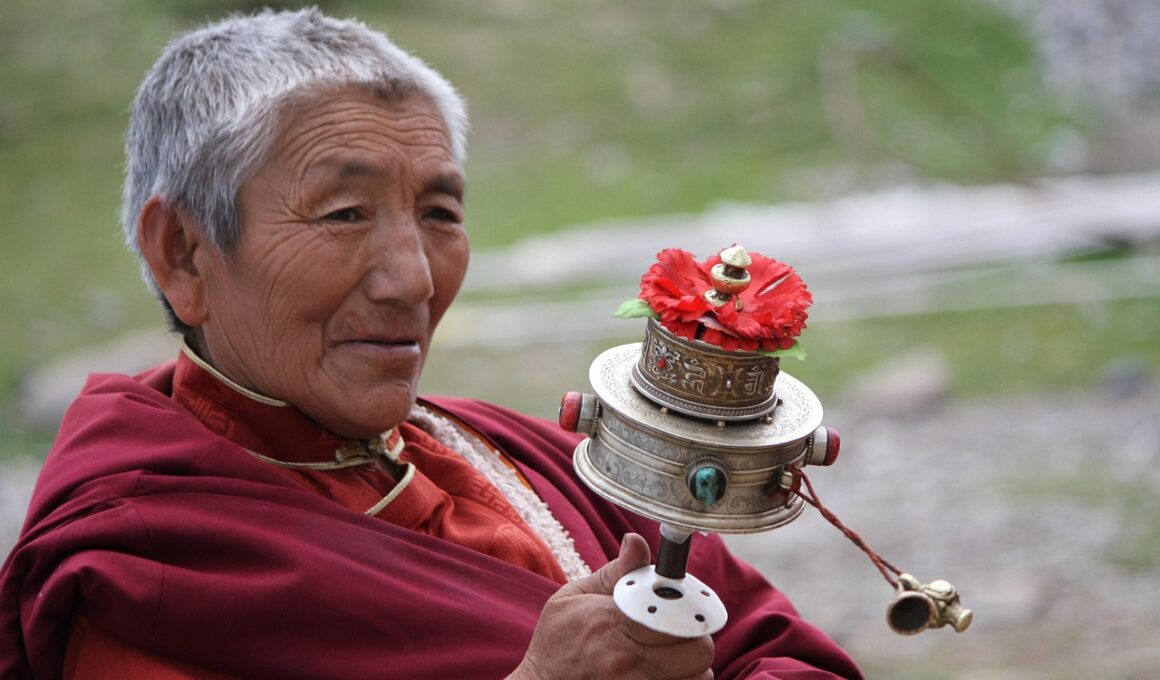The Cultural Significance of Modern Arnis in the Philippines
Modern Arnis is not only a martial art but a significant element of Filipino culture. This fighting system, characterized by its use of sticks and bladed weapons, serves to preserve historical traditions dating back centuries. Rooted in the indigenous fighting styles of the archipelago, Modern Arnis reflects the rich heritage and diverse cultural influences on the Philippines. It emphasizes self-discipline and respect, qualities that are integral to Filipino values. By learning Modern Arnis, practitioners engage with their cultural identity, gaining insight into historical battles and ancestral skills. The art also promotes physical fitness and mental toughness, allowing individuals to connect with colleagues and community members. Through training and competition, Modern Arnis fosters camaraderie and teamwork, reinforcing the spirit of community among practitioners. Moreover, this martial art serves as a means of cultural exchange, introduced to various international audiences. When showcased globally, it highlights the Philippines’ rich traditions, enhancing cultural pride for Filipinos everywhere. Such representation in international championships showcases not just the skill involved but also perpetuates the love, respect, and responsibility related to this beautiful art form.
As Modern Arnis continues to evolve, it has integrated modern training techniques while remaining faithful to traditional values. This adaptability has made it accessible to various audiences worldwide, from hobbyists to serious martial artists. The transition in the teaching methods has allowed instructors to convey complex moves in a more digestible format. Modern Arnis emphasizes adaptation to circumstances, much like the Filipino spirit, which has thrived in diverse settings throughout history. The global spread of Modern Arnis also signifies a growing respect for Filipino culture and traditions. Increased interest leads to workshops and seminars around the world, paving the way for educational exchanges between cultures. This exchange cultivates a deeper understanding and appreciation for the Filipino way of life and the tenacity of its people. In promotional events, students are encouraged to share their experiences and enrich their understanding of the martial art. Such interactions create bonds that transcend borders, enhancing the sense of community. Additionally, through demonstrations at international events, modern practitioners showcase not only their physical prowess but the ethos of Filipino culture embedded within the art.
Modern Arnis as a Tool for Empowerment
Modern Arnis is particularly vital for empowering marginalized groups. Its inclusive nature ensures that people from all walks of life—regardless of age, gender, or background—can participate and learn. In communities where individuals face socio-economic challenges, the discipline instilled through Modern Arnis can foster a sense of personal achievement and resilience. Women, in particular, have found strength through the practice of this martial art. It serves as a tool to cultivate confidence and self-defense skills, enabling many to combat societal issues related to violence. Additionally, educational institutions are recognizing the value of Modern Arnis in their curricula, helping students develop physical fitness and critical thinking. Peers connect through shared practices and rituals in classes, contrary to common stereotypes about martial arts. Modern Arnis can serve as an attractive extracurricular option, providing students a creative outlet while fostering teamwork and strategic thinking. Such engagement consistently demonstrates a commitment to building a culture of respect and responsibility. In essence, through its teachings, Modern Arnis contributes to fostering a resilient society capable of facing numerous challenges effectively.
The role of Modern Arnis in promoting mental wellness cannot be understated. As with many martial arts, practitioners often find solace in physical activity that promotes stress relief and clarity of mind. The true essence of Modern Arnis goes beyond strikes and defenses; it incorporates mental discipline that aids in focus and mindfulness. Through repetitive practice of techniques, students cultivate patience and perseverance, invaluable traits in today’s fast-paced world. Mindfulness enables practitioners to remain aware of their surroundings, enhancing their personal safety and situational awareness. Furthermore, through group training sessions, students cultivate friendships and networks, positively influencing their social life. These connections lead to improved mental health as friendships and support grow within the community. The regular practice also inspires a healthier lifestyle, encouraging participants to pursue better nutrition and fitness regimens. In many cases, people find their passion for Martial Arts expands beyond the dojo, encouraging lifelong learning and growth. As such, Modern Arnis becomes a pathway to mental and emotional resilience, equipping practitioners with tools to tackle everyday challenges and maintain overall well-being.
The Global Influence of Modern Arnis
Modern Arnis has significantly impacted the global martial arts community, traveling beyond the shores of the Philippines. Its strategies and techniques have been incorporated into various combat sports and self-defense systems worldwide. Such adaptation speaks volumes about its effectiveness and the artistry within the discipline. In competitions, many fighters pay homage to Modern Arnis by integrating its principles into their training regimens. Notable events and tournaments celebrate the art, showcasing its significance in a broader context. As practitioners appear at international events, their performances draw interest from spectators, facilitating cross-cultural dialogues. The interconnectedness of martial arts disciplines contributes to the continuous evolution of combat strategies while honoring traditional forms. Additionally, educational programs are being developed internationally that highlight Modern Arnis, aligning with the movement to preserve martial traditions globally. This dissemination fosters a stronger appreciation for the Filipino culture and its contributions to martial arts. In turn, it encourages future generations to continue practicing and honoring their heritage while exploring new possibilities that stem from these long-standing traditions.
Incorporating Modern Arnis in various settings fosters inter-generational connections between practitioners and cultural enthusiasts. Families involved in Modern Arnis come together, sharing values and skills across generations. The flexibility of Modern Arnis makes it suitable for anyone hoping to learn. Elders passing down traditions to younger generations enriches the experience, as they share stories woven into the identity of the art. This generational exchange ensures that the cultural significance of Modern Arnis is preserved and evolves. The adaptability to modern needs helps maintain interest and involvement in the martial art. Youngsters engage using technology, documenting their training and achievements through social media platforms, showcasing their practices publicly. Such representation encourages broader participation as new practitioners discover the art. Festivals often celebrate Modern Arnis, providing platforms for demonstrations and competitions that further prioritize community engagement. As practitioners strive to represent their culture and forge a deep connection with the art, these events attract interest from outside the local community. This combination of respect for tradition and target audience involvement ensures the longevity of Modern Arnis within Filipino culture.
The Future of Modern Arnis
The future of Modern Arnis seems promising as more individuals discover its cultural significance and practical benefits. Educational institutions nationwide are now actively incorporating the art into their physical education programs, enhancing its visibility. Alongside governmental support for martial arts initiatives, this ensures a growing interest among the youth. With rising awareness surrounding mental and physical well-being, more people recognize the transformative potential of Modern Arnis as a tool for empowerment and fitness. Moreover, international partnerships can lead to the development of exchanges and programs promoting cultural appreciation. As practitioners and instructors continue to advocate for the art, they also emphasize the importance of maintaining its philosophical roots. Collaborative efforts ensure the evolution of the art while respecting its rich traditions. Technology also plays a vital role in promoting Modern Arnis, as online platforms open doors to global communities. Live-streamed classes and tutorials foster connection and engagement, allowing collective sharing of skills and knowledge. Ultimately, Modern Arnis retains its position as an indispensable aspect of Filipino culture, serving as both a martial art and a bridge connecting diverse communities worldwide.


